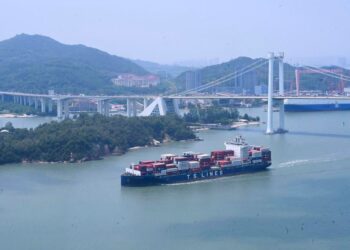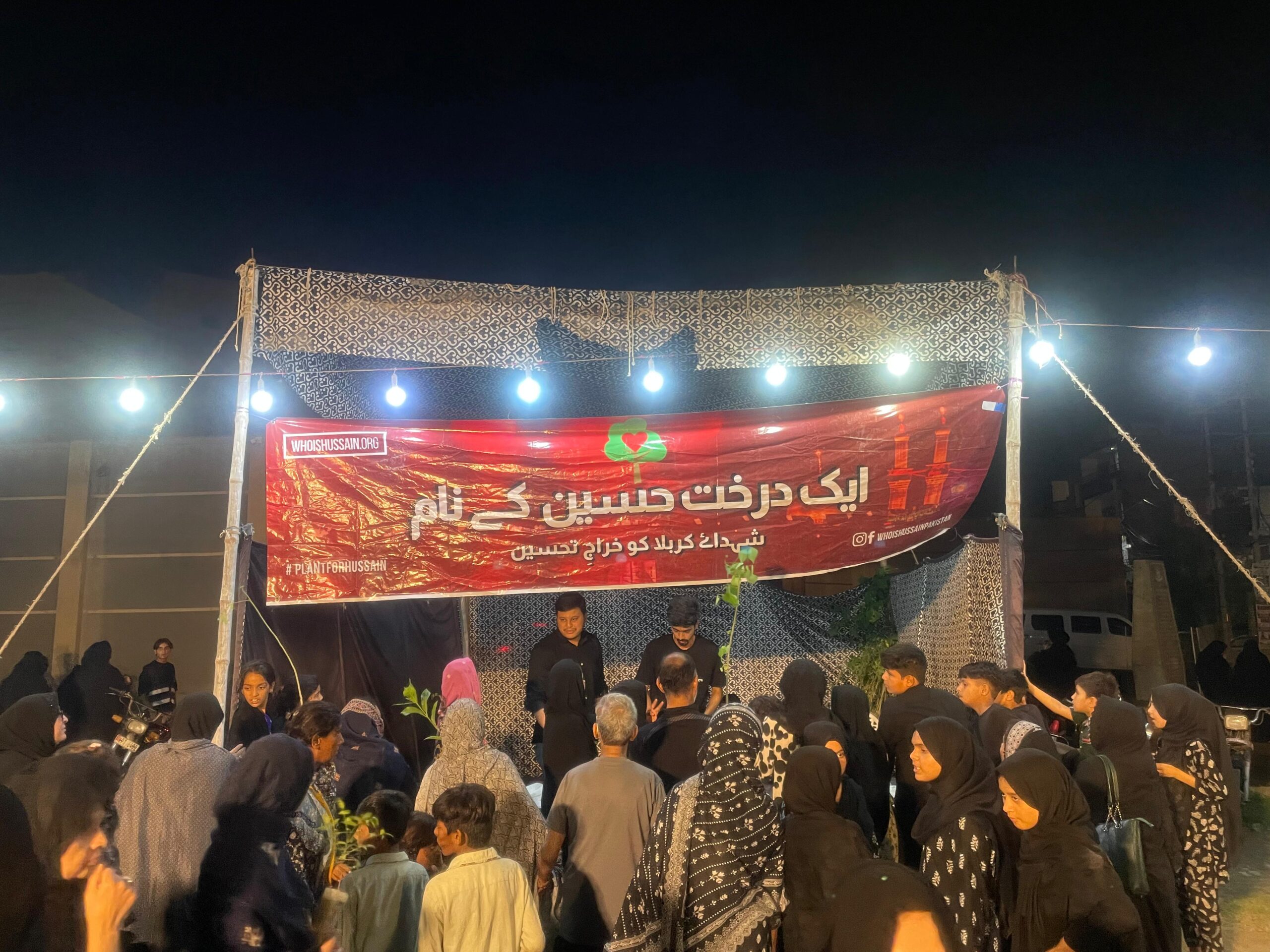The protest targeted controversial taxation
powers granted under the FBR Act 37AA and
The newly imposed tax on bank transactions
Web Desk
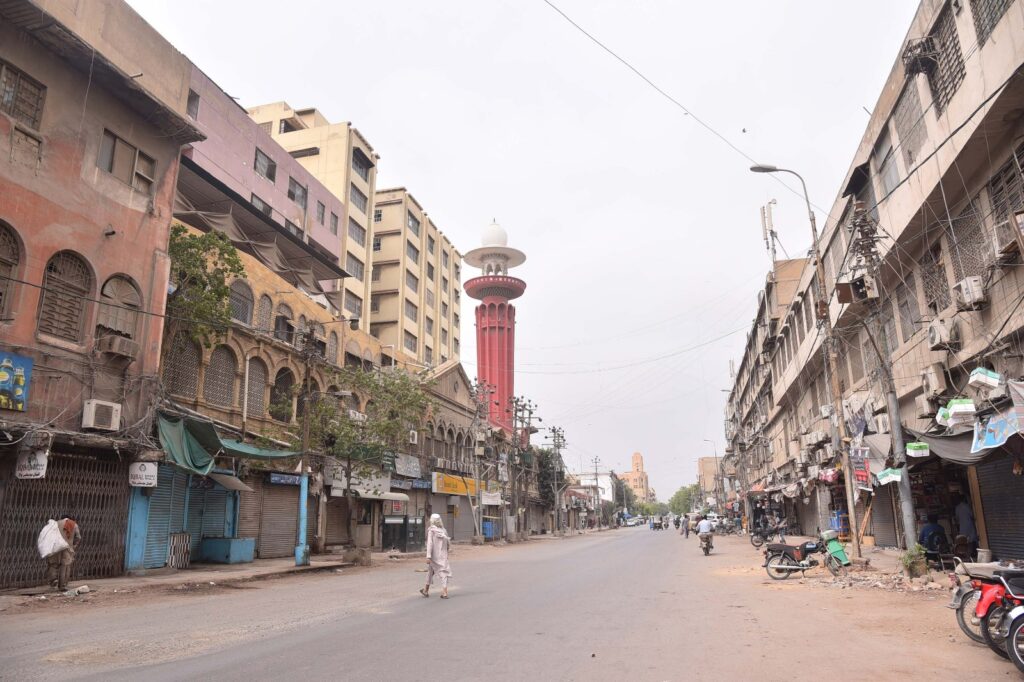
Karachi/Lahore: A massive countrywide shutter-Down strike led by traders’ associations brought commercial activities to a standstill across Pakistan on Saturday. The protest targeted controversial taxation powers granted under the FBR Act 37AA and the newly imposed tax on bank transactions.
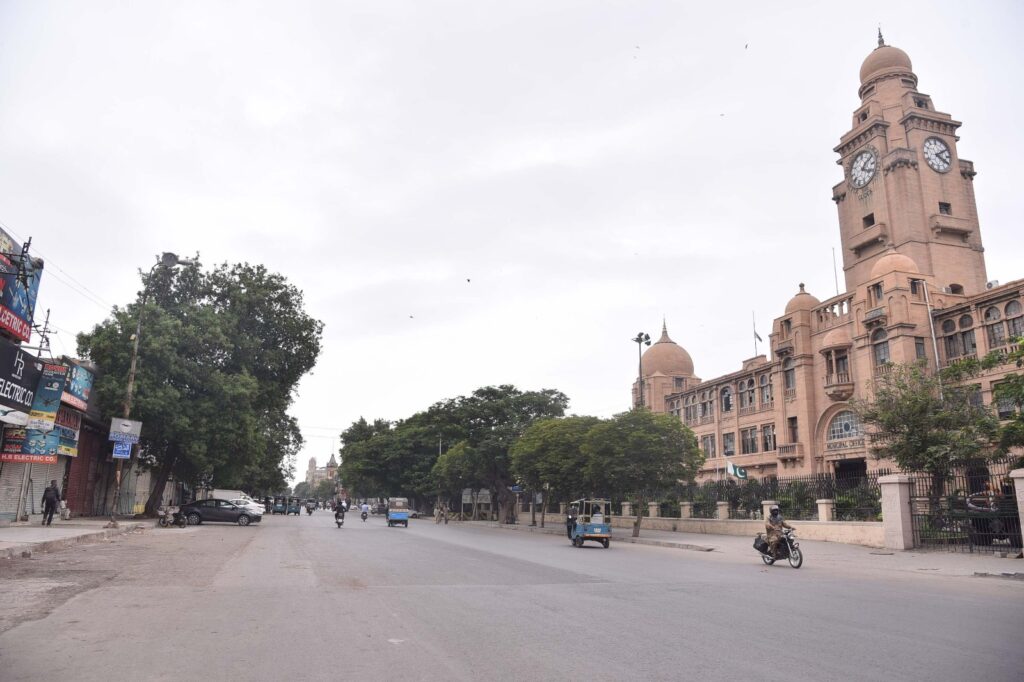
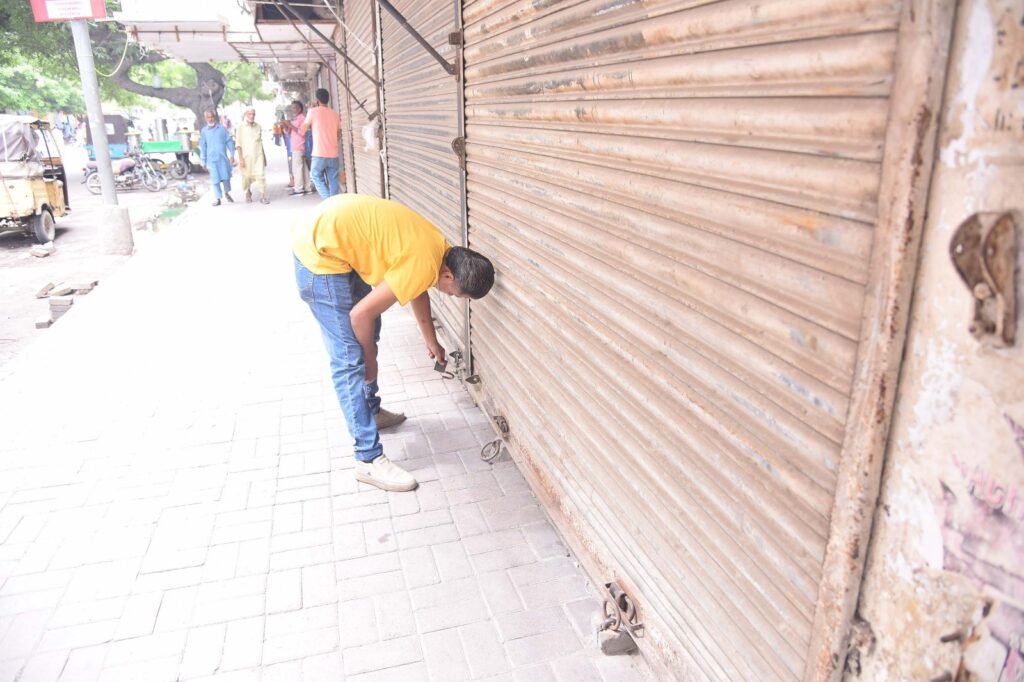
Karachi Grinds to a Halt: 750 Markets, Six Industrial Zones Closed
In Karachi, nearly 750 markets and six major industrial zones observed a complete shutdown, disrupting trade and logistics across the city. The Karachi Chamber of Commerce & Industry (KCCI), which spearheaded the strike alongside other trade bodies, declared it a resounding success.
KCCI President Muhammad Jawed Bilwani thanked the business community for their unity, calling the strike a “peaceful but powerful message of resistance” against the Finance Act 2025–26. He stressed that the strike was not confrontation but a last resort after repeated appeals to the government were ignored.
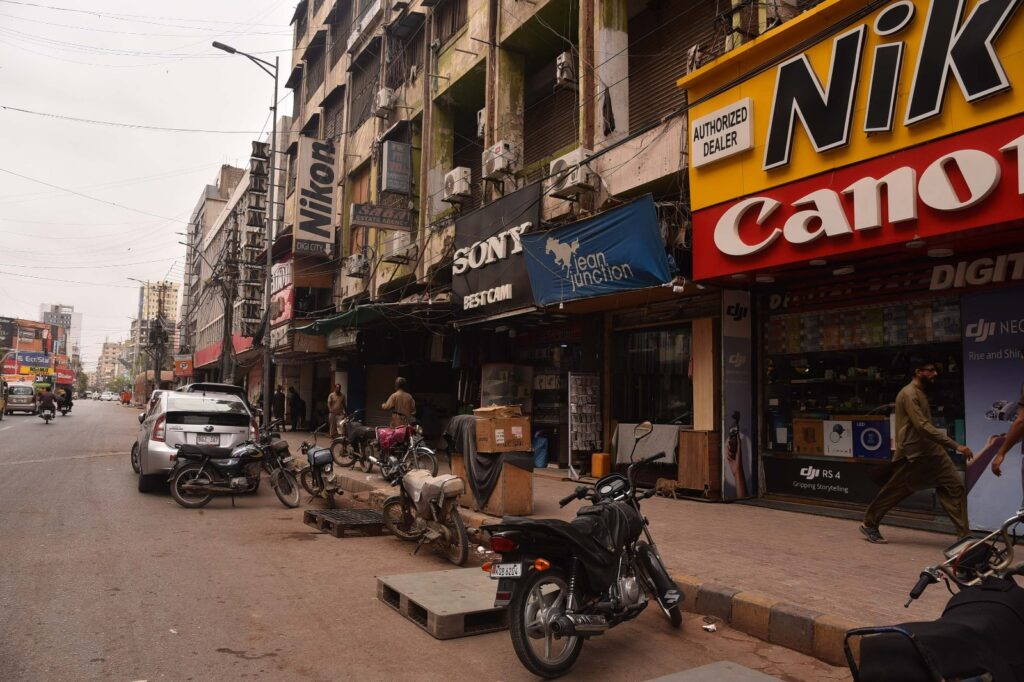
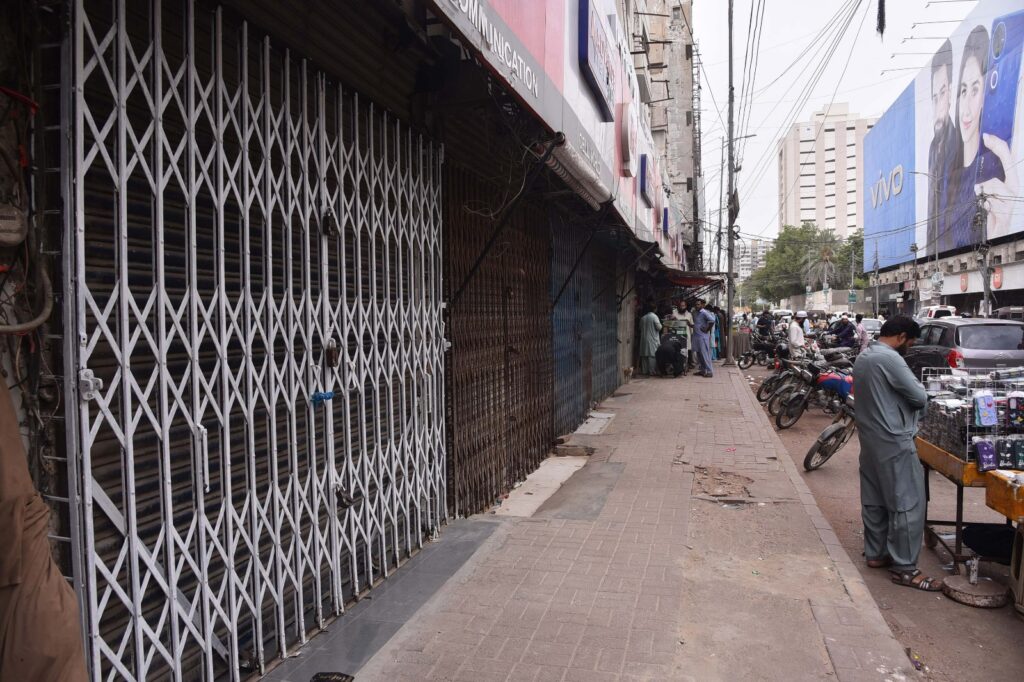
Traders’ Core Demands
Traders are calling for the immediate suspension of:
- Section 37A and 37B of the Income Tax Ordinance (authorizing arrest of taxpayers without due process)
- Section 21(s), which penalizes cash transactions
- Restoration of the Final Tax Regime for exporters
Bilwani stated that despite presenting these demands to a special committee led by SAPM on Finance Haroon Akhtar Khan, only verbal assurances were given. “If no written commitment is made within a week, we will consult stakeholders nationwide to decide the next phase,” he warned.
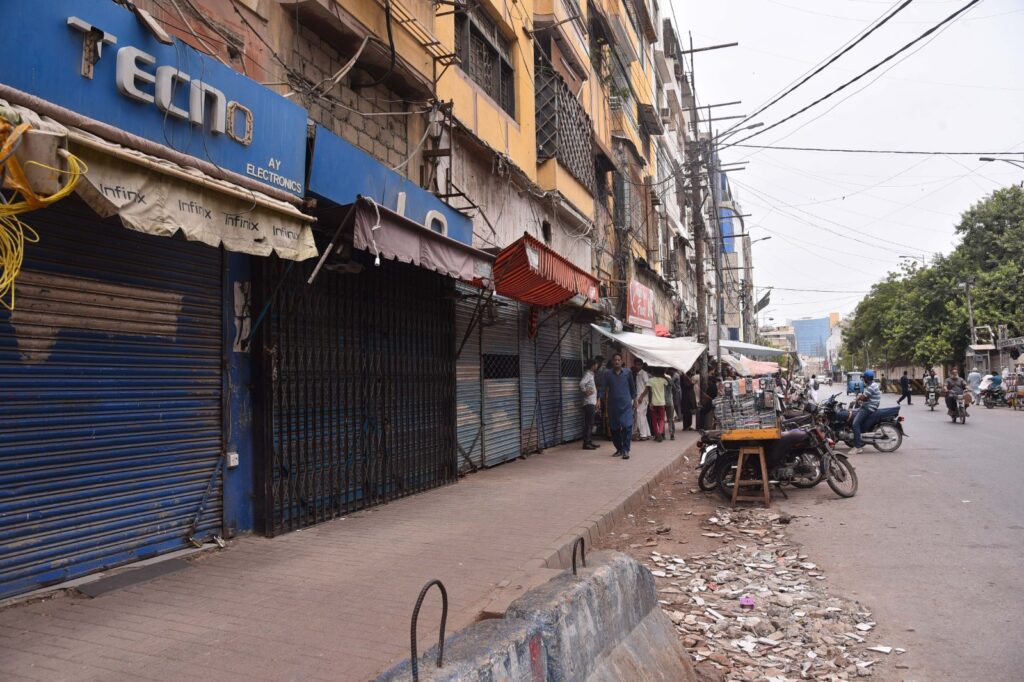
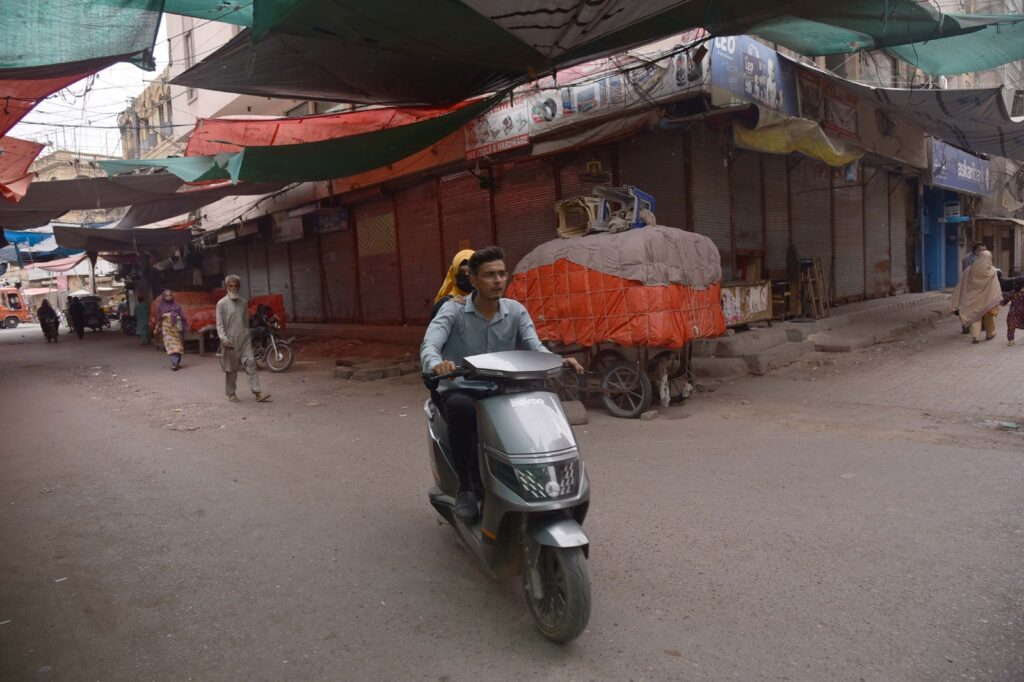
Markets and Associations Join Forces
Notable Karachi markets and trade zones that shut down include:
- Jodia Bazaar
- Jamia Cloth Market
- Saddar
- Sabzi Mandi near Super Highway
- SITE, Korangi, Landhi, Bin Qasim, North Karachi, SITE Super Highway, and Federal B Area industrial zones
Various sectoral groups like the Pakistan Hosiery Manufacturers & Exporters Association, Pakistan Petroleum Dealers Association, and local transport unions also supported the strike.
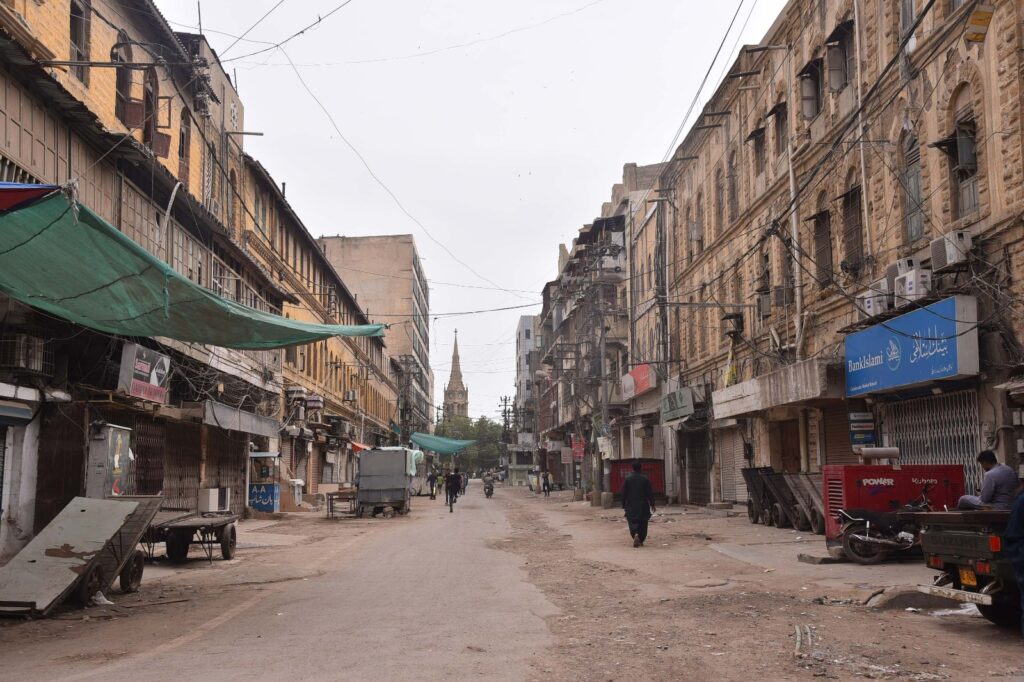
Mixed Response from APTMA
The All Pakistan Textile Mills Association (APTMA) distanced itself from the strike, stating that industrial activity remained routine in many areas. APTMA’s Asif Inam said operations continued normally, calling for continued dialogue instead of disruption.
Lahore Traders Protest FBR Measures
In Lahore, wholesale and retail markets, including Shah Alam Market, Akbari Mandi, Loha Market, Urdu Bazaar, and Badami Bagh, observed a complete strike. Other areas like Liberty Market, Hall Road, and Anarkali Bazaar saw partial closures.
Lahore Traders Association President Mujahid Maqsood Butt described it as a “token strike,” warning of stronger protests if the government fails to provide written guarantees.
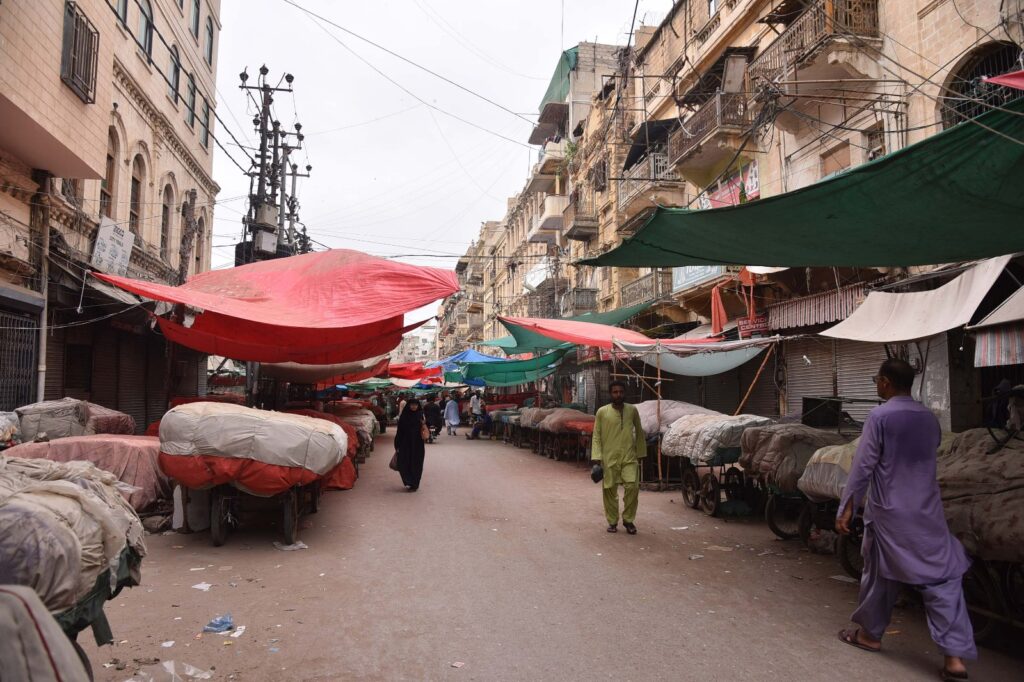
Divided Business Leadership: FPCCI Opts Out
While KCCI and Lahore Chamber supported the strike, the Federation of Pakistan Chambers of Commerce and Industry (FPCCI) opted out. FPCCI Vice President Saqib Fayyaz Magoon announced the strike was postponed after the government agreed to pause enforcement of certain FBR provisions.
However, KCCI leadership denied receiving any formal documentation, stating that verbal assurances were insufficient.
Buyers Affected as Commercial Centers Stay Shut
Shoppers from surrounding towns and cities were caught off guard, finding key shopping areas closed in both Karachi and Lahore. The disruption affected not only retail businesses but also suppliers, logistics firms, and small traders.
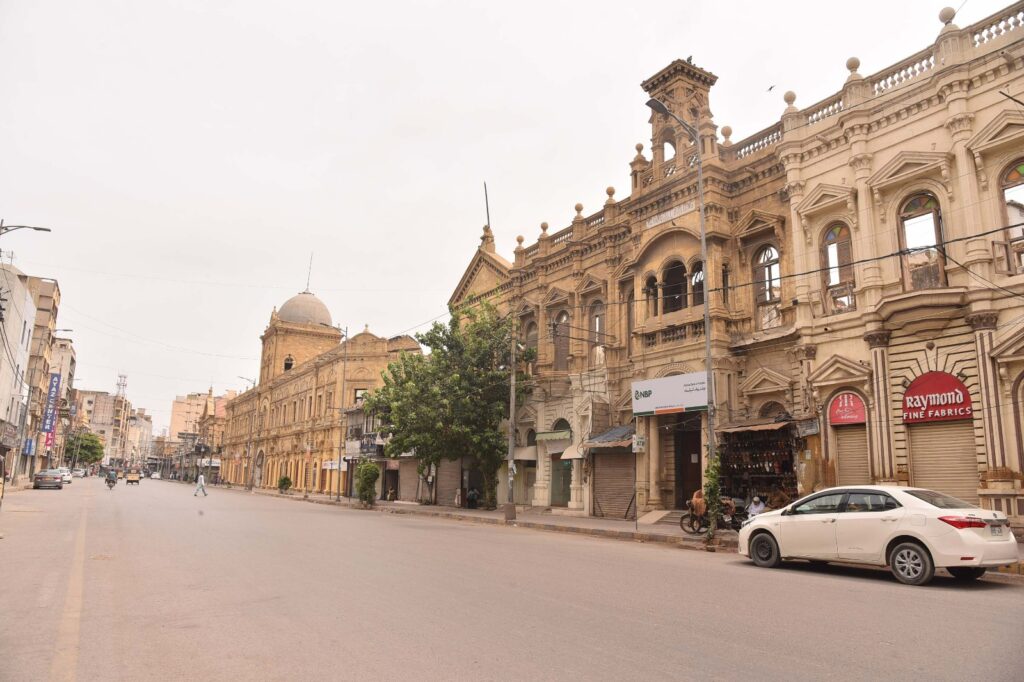
Next Steps: Pressure Mounts on Government
KCCI confirmed that the July 19 strike was just the beginning. If government assurances are not received in writing by next week, a national consultation will be held to plan further action.
“We want dialogue, not confrontation,” said Bilwani. “But without tangible outcomes, the business community is ready to escalate protests to safeguard Pakistan’s economy.”

